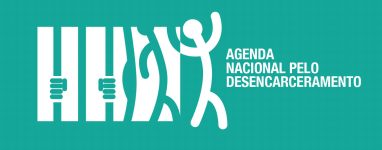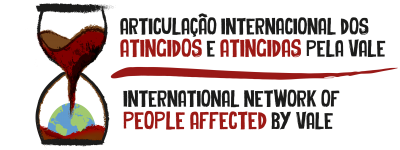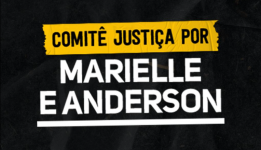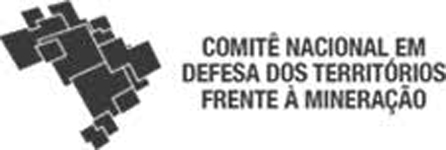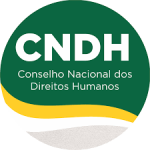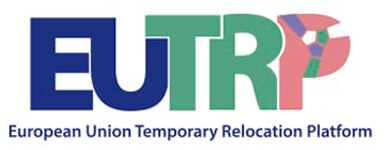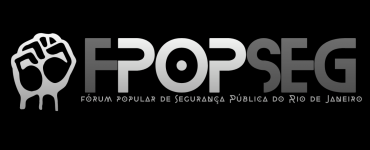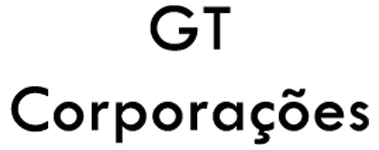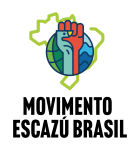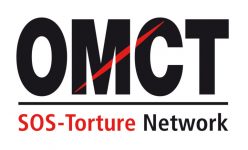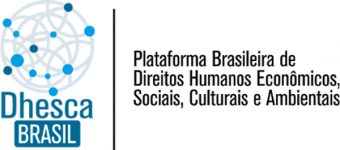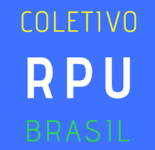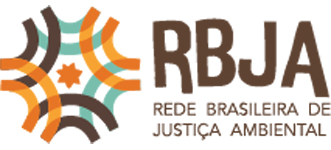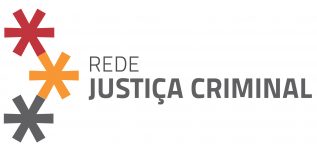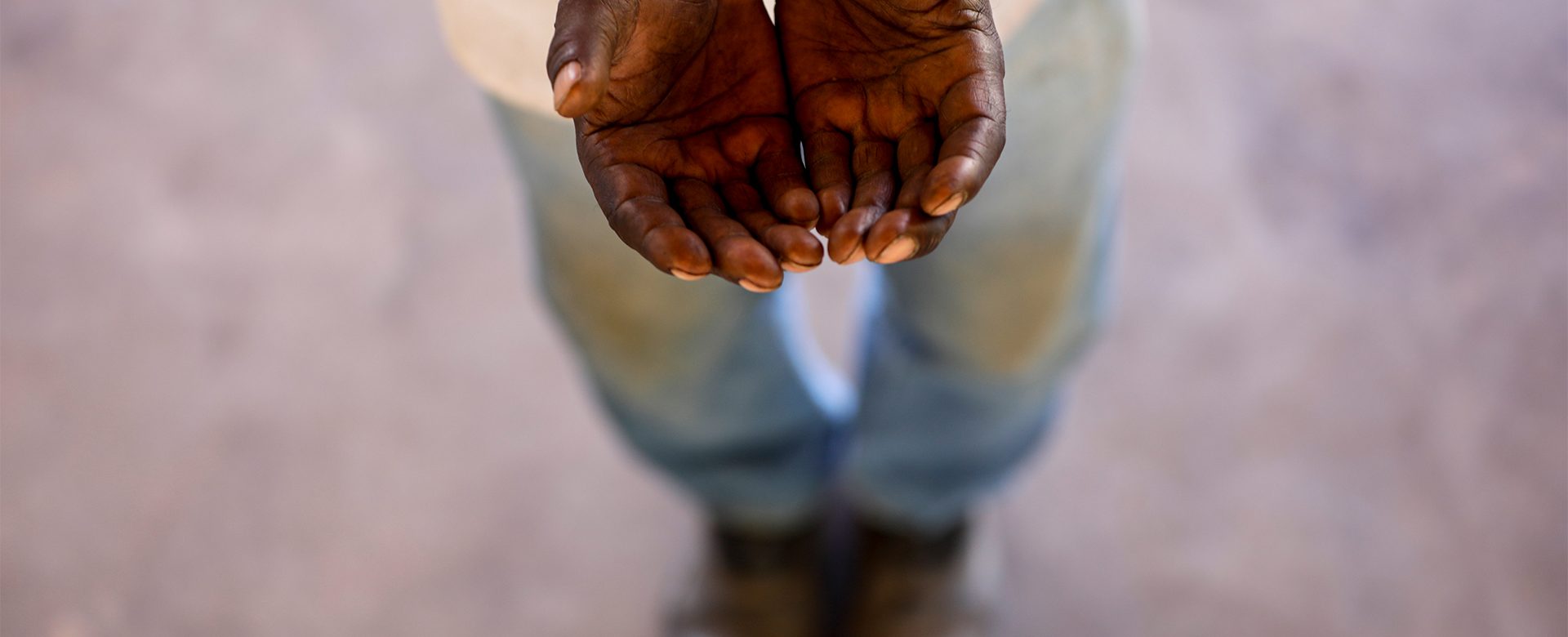
Ever since its beginning, Justiça Global has based its mission on the commitment to social struggles and has sought to act communally, through dialogue and the promotion of plurality.
We believe in the importance of strengthening social movements and working together with local, national, and international organizations to increase civil society participation more solidly and effectively. Therefore, we are engaged in various networks and have established strategic partnerships with civil society to create spaces and resources. Additionally, we are committed to making our channels available for mobilization around emergencies that affect individuals and groups whose rights have been violated.
Our relationships are guided by the principles of autonomy, transparency, publicity, and respect for human rights.
Get to know the networks we are part of:
